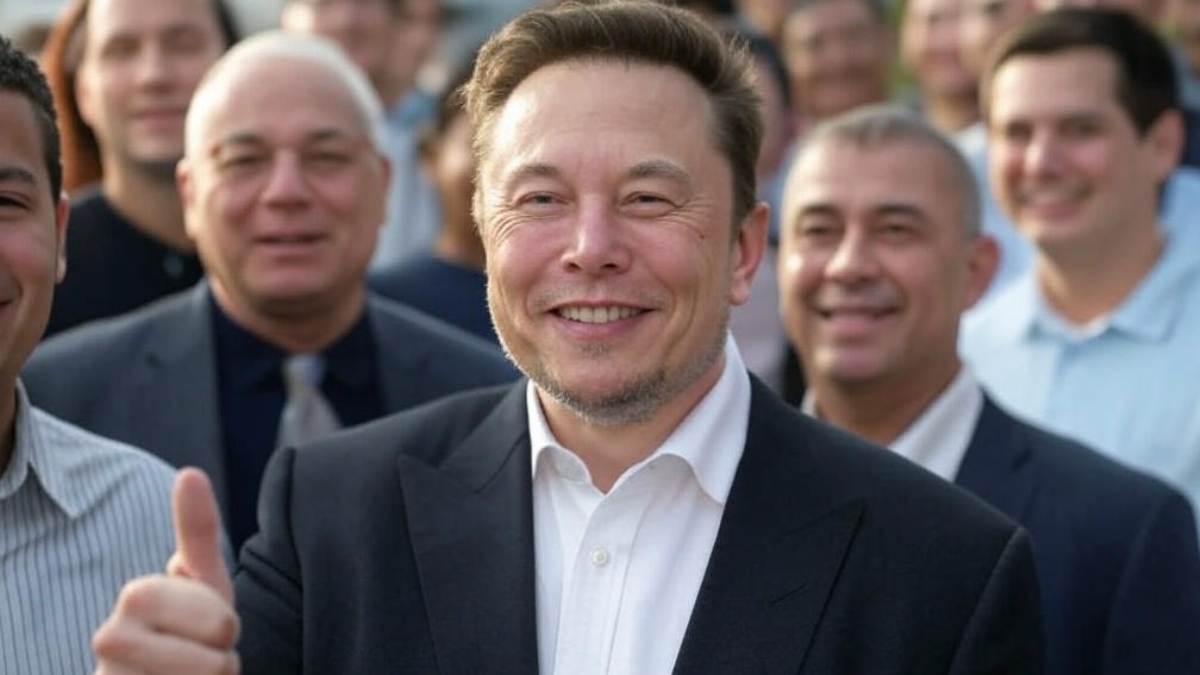The DOGE dividend proposal, which proposes sending $5,000 checks to American households, remains under discussion without confirmed legislative progress. The initiative, linked to the Department of Government Efficiency (DOGE), led by Elon Musk, seeks to distribute government savings to net taxpayers, excluding those who do not pay federal taxes.
James Fishback, CEO of Azoria, suggested in February 2025 to allocate 20% of DOGE savings—estimated at $2 trillion—to these payments. Donald Trump noted that the idea is “under consideration,” while Musk expressed interest in exploring it, according to public statements.
Current status of the proposal: is it a viable stimulus check program?
Until the recent March 30, there were no official announcements regarding the progress of DOGE dividends. A March 28 news media article indicated that the initiative still requires approval from Congress, with no defined dates for its vote. Speculation suggests that shipments could begin in April 2025, subject to legislative approval.
Fishback is working with lawmakers to draft a bill, although he faces obstacles such as persistent inflation and possible effects of Trump’s tariff policies. The Federal Reserve Bank has not issued detailed analysis, calling the issue “speculative” in recent conferences.
The proposal would limit the checks to households that pay more federal taxes than they receive in benefits, excluding taxpayers with adjusted gross incomes under $40,000. This condition has generated debates about equity, as it would leave out millions of low-income families.
Critics argue that the plan would deepen inequalities, while defenders insist that it prioritizes those who “support the tax system.”
Economic impact of the stimulus checks on the American economy
Experts warn of risks. Jonathan Ernest, an economist at Case Western Reserve University, mentioned in the Reno Gazette Journal that Trump’s policies could “destabilize the economy,” affecting the viability of the checks. Others highlight that, by being financed with savings—not debt—the plan would avoid inflationary pressure.
However, proposed trade tariffs and signs of recession add uncertainty. As of March 30, the official DOGE site did not include updates on dividends, focusing on administrative cuts.
Other media of national relevance in the United States highlight that there is still no progress in Congress, and that the idea does not seem to be approved soon. In short, DOGE dividends are still in the proposal phase, although Donald Trump promised that he would analyze the idea.
This idea is totally different from others, such as those stimulus checks delivered during the COVID-19 pandemic, sent by Trump in his first term.




